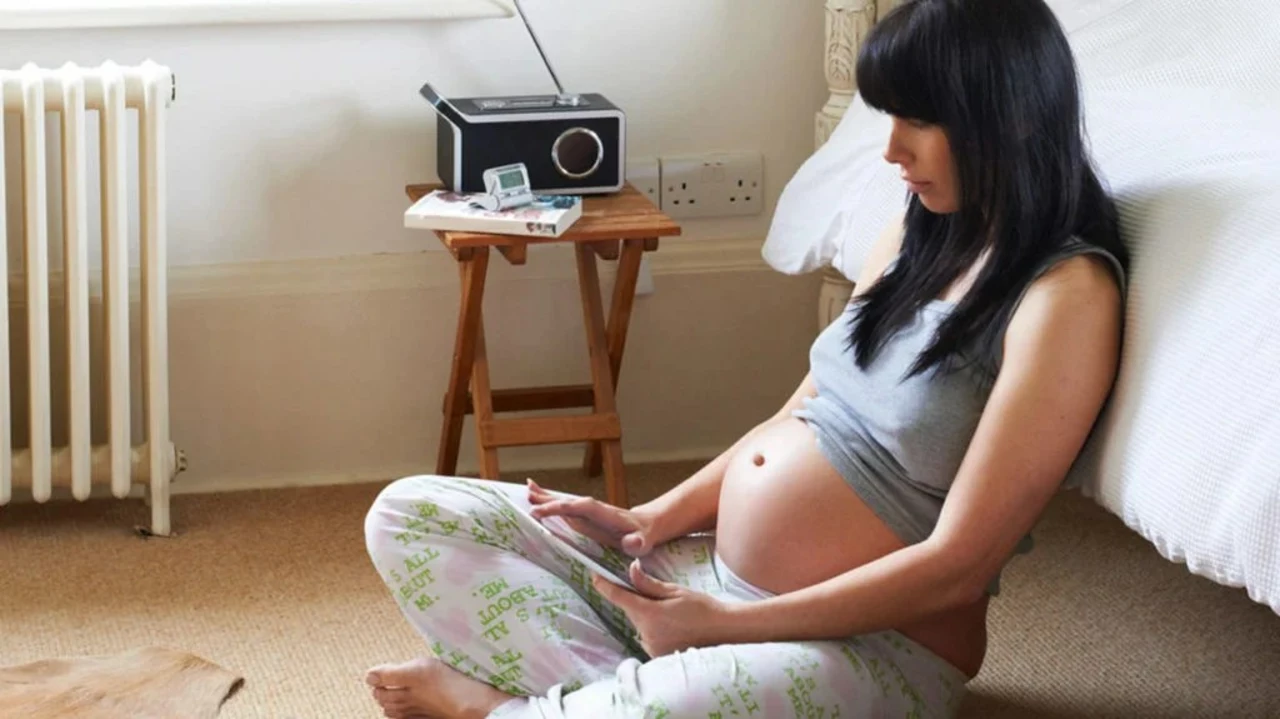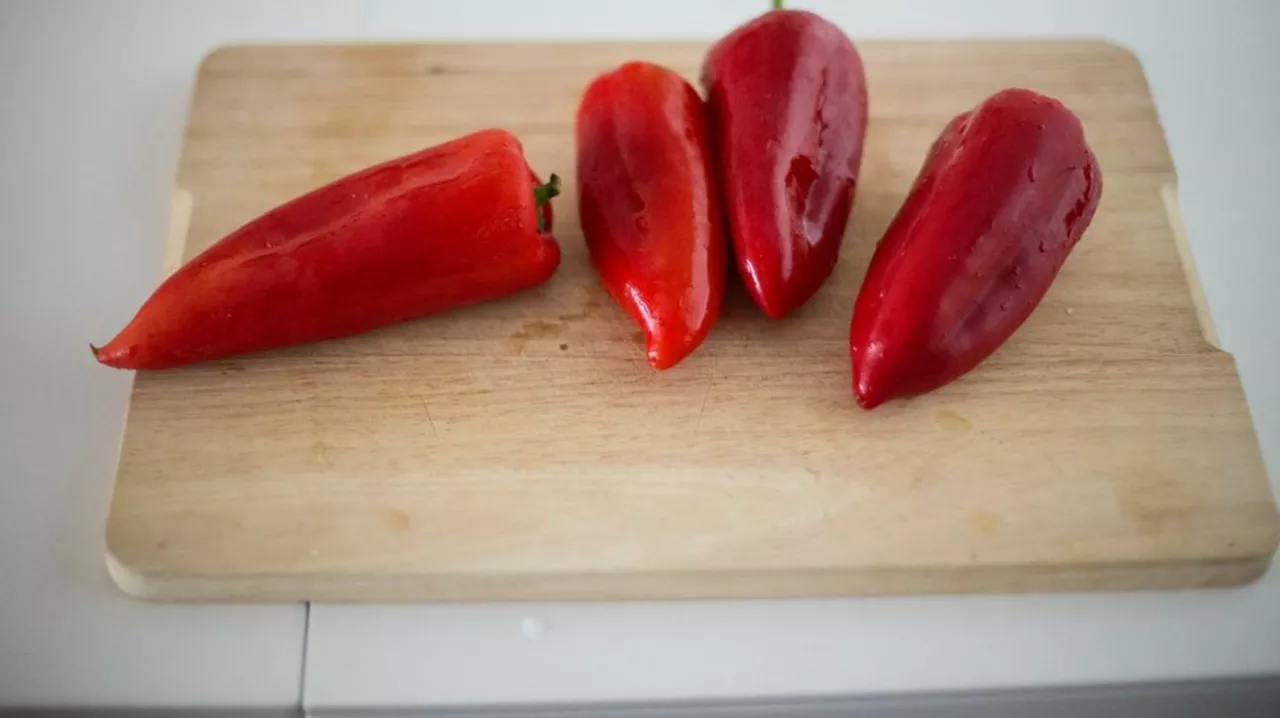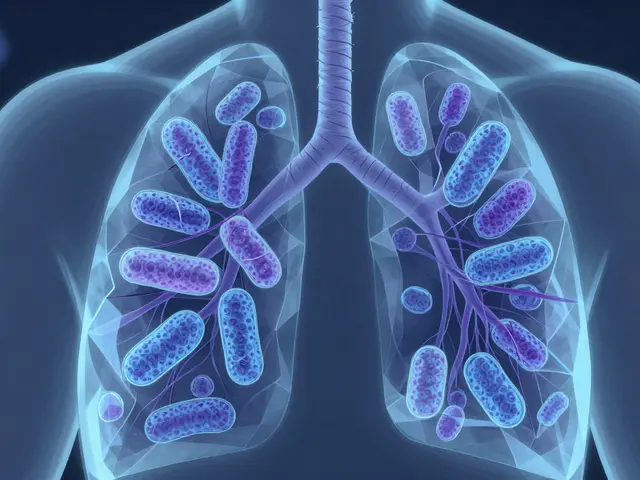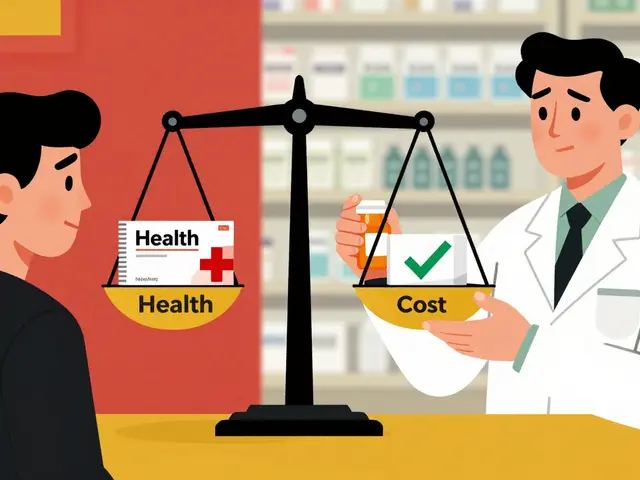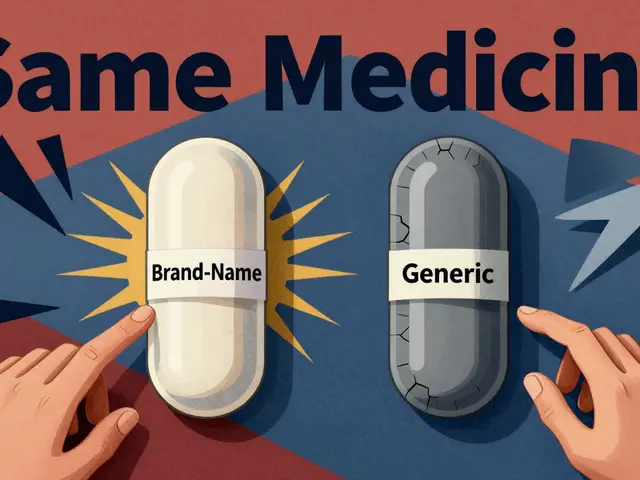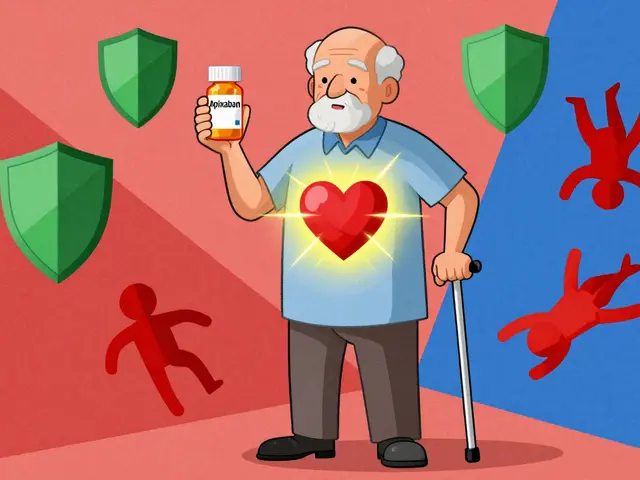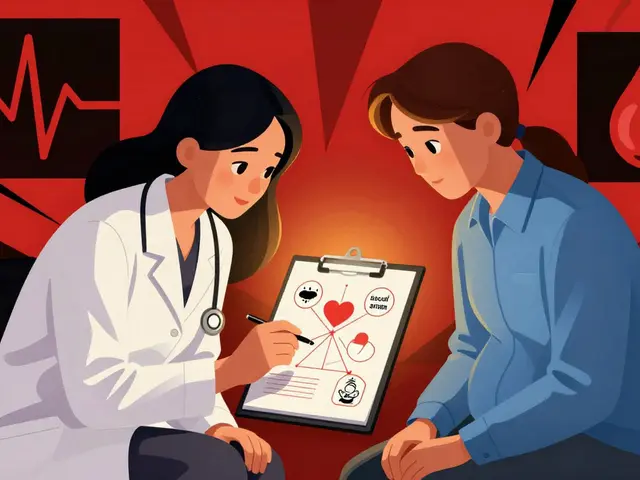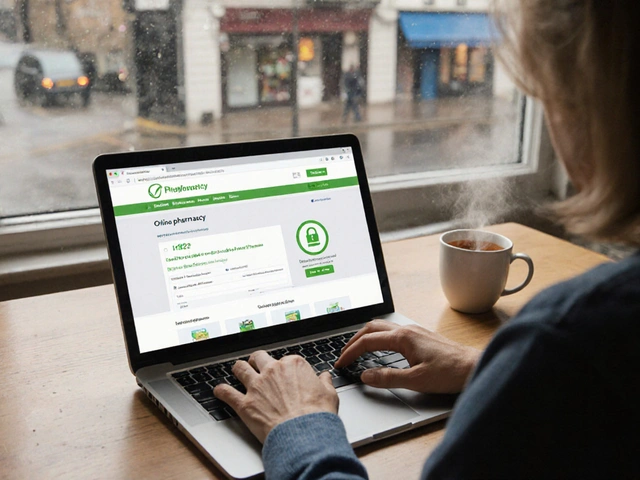Hemorrhoids: Understanding and Managing the Common Pile Problem
Hemorrhoids, often called piles, are swollen veins in the lower rectum or anus. They can cause discomfort, itching, and bleeding during bowel movements. If you’ve ever struggled with that uncomfortable burning or noticed bright red blood after going to the bathroom, you might be dealing with hemorrhoids.
But what causes them? Most often, they’re linked to straining during bowel movements, sitting for long periods, pregnancy, or chronic constipation. Being overweight and not drinking enough water can also increase your chances of getting hemorrhoids. Knowing these causes helps you avoid triggers and protect yourself.
Recognizing Hemorrhoid Symptoms Early
The key signs to watch out for are itching or irritation around your anus, swelling, lumps, or bleeding during bowel movements. Sometimes hemorrhoids sit inside the rectum and won't cause visible lumps, but bleeding or discomfort still happens. Don’t ignore these signs—catching them early can stop symptoms from getting worse.
Simple and Effective Ways to Treat and Prevent Hemorrhoids
Good news: you don’t always need strong meds or surgery. Many people find relief from basic lifestyle changes. Eating more fiber-rich foods like fruits and veggies softens stools, making them easier to pass without straining. Staying hydrated is just as important—water keeps everything moving smoothly.
Regular exercise also helps keep your bowels healthy. Try to avoid sitting for long periods and take breaks to move around. When you do need to go, don’t rush or push too hard. Using moist wipes rather than dry toilet paper can ease irritation, and warm sitz baths (just sitting in warm water for 10-15 minutes) can calm the swelling and soreness.
If symptoms persist or get worse, over-the-counter creams and suppositories can reduce itching and swelling. But if you see a lot of bleeding, severe pain, or lumps that don’t improve, it’s time to see a doctor. They can suggest treatments like rubber band ligation or minimally invasive procedures to help.
Hemorrhoids are common and treatable with the right approach. Understanding what causes them, recognizing symptoms early, and making simple lifestyle tweaks can keep you comfortable and symptom-free. Remember, taking care of your digestive health now pays off in preventing piles later on.
What is the relationship between pregnancy and hemorrhoids?
Pregnancy is an exciting and sometimes overwhelming period of life. But it can also be a time of discomfort, especially when it comes to hemorrhoids. Hemorrhoids are swollen veins in the rectum and anus that can cause pain, itching, and discomfort for pregnant people. Fortunately, there are ways to manage the symptoms and reduce the risk of complications related to hemorrhoids during pregnancy. With proper care, expectant mothers can enjoy a healthy pregnancy and postpartum period.
Can spicy food cause hemorrhoids?
Spicy food is a popular dietary choice for many, however, it is important to be aware of the potential health concerns. One issue that can arise from consuming spicy food is hemorrhoids. Hemorrhoids are swollen veins in the rectum and anus, and their symptoms include itching, burning, and pain. Eating spicy food can lead to hemorrhoids due to the irritation it causes to the sensitive tissue in the anus. Additionally, the capsaicin in spicy food can cause inflammation, which can further irritate the rectal area. To reduce the risk of developing hemorrhoids, people who enjoy spicy food should make sure to drink plenty of water and eat foods that contain fiber. Additionally, they should try to reduce their intake of spicy food to a moderate level.
How can I get rid of piles in 3 days?
This article discusses various methods that can be used to treat piles in 3 days. It outlines the benefits of using home remedies such as warm water, aloe vera, and coconut oil, as well as over-the-counter medications, to reduce pain and swelling. Additionally, the article suggests lifestyle changes such as increasing fiber intake, drinking plenty of fluids, and avoiding straining during bowel movements to reduce the risk of further aggravating the condition. Finally, it emphasizes the importance of seeking medical advice if symptoms persist despite at-home treatments.
